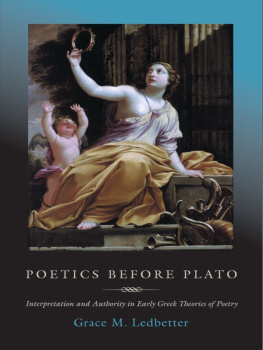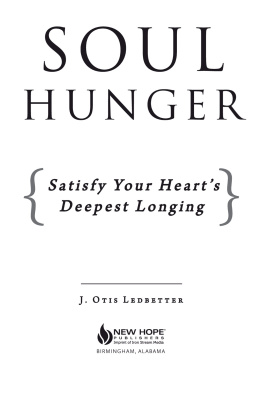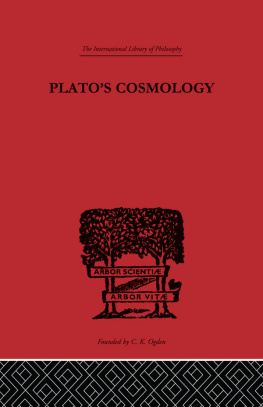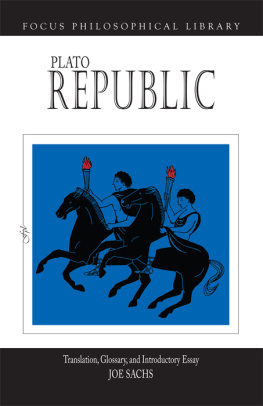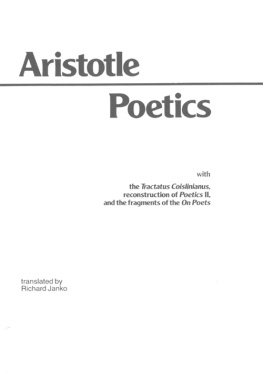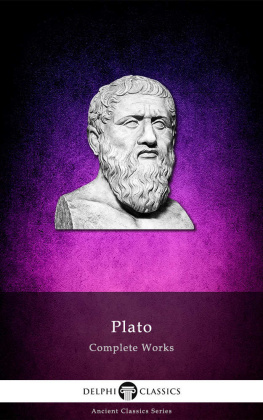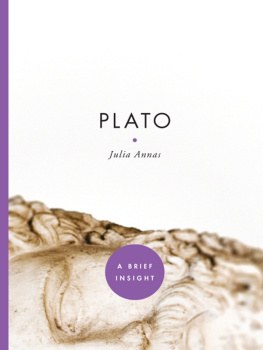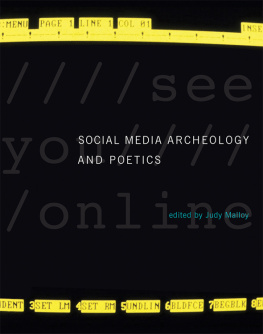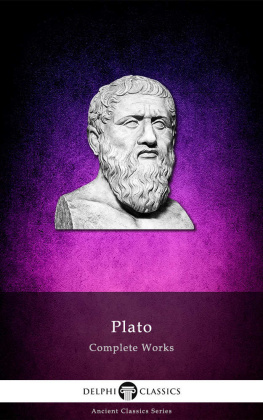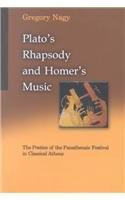Ledbetter - Poetics before Plato
Here you can read online Ledbetter - Poetics before Plato full text of the book (entire story) in english for free. Download pdf and epub, get meaning, cover and reviews about this ebook. City: Princeton, N.J, year: 2009,2002, publisher: Princeton University Press, genre: Romance novel. Description of the work, (preface) as well as reviews are available. Best literature library LitArk.com created for fans of good reading and offers a wide selection of genres:
Romance novel
Science fiction
Adventure
Detective
Science
History
Home and family
Prose
Art
Politics
Computer
Non-fiction
Religion
Business
Children
Humor
Choose a favorite category and find really read worthwhile books. Enjoy immersion in the world of imagination, feel the emotions of the characters or learn something new for yourself, make an fascinating discovery.
- Book:Poetics before Plato
- Author:
- Publisher:Princeton University Press
- Genre:
- Year:2009,2002
- City:Princeton, N.J
- Rating:4 / 5
- Favourites:Add to favourites
- Your mark:
- 80
- 1
- 2
- 3
- 4
- 5
Poetics before Plato: summary, description and annotation
We offer to read an annotation, description, summary or preface (depends on what the author of the book "Poetics before Plato" wrote himself). If you haven't found the necessary information about the book — write in the comments, we will try to find it.
Poetics before Plato — read online for free the complete book (whole text) full work
Below is the text of the book, divided by pages. System saving the place of the last page read, allows you to conveniently read the book "Poetics before Plato" online for free, without having to search again every time where you left off. Put a bookmark, and you can go to the page where you finished reading at any time.
Font size:
Interval:
Bookmark:

POETICS BEFORE PLATO
POETICS BEFORE PLATO
INTERPRETATION AND AUTHORITYIN EARLY GREEK THEORIES OF POETRY
Grace M. Ledbetter
PRINCETON UNIVERSITY PRESS PRINCETON AND OXFORD
Copyright 2003 by Princeton University Press
Published by Princeton University Press, 41 William Street,
Princeton, New Jersey 08540
In the United Kingdom: Princeton University Press,
3 Market Place Woodstock, Oxfordshire OX20 1SY
All Rights Reserved
Library of Congress Cataloging-in-Publication Data
Ledbetter, Grace M., 1965
Poetics before Plato : interpretation and authority in early Greek theories of poetry / Grace M. Ledbetter.
p.cm.
Includes bibliographical references and index.
eISBN: 978-1-40082-528-8
1. Greek poetryHistory and criticismTheory, etc. 2. Authorityin literature. 3. Aesthetics, Ancient. 4. Poetics. I. Title.
PA3092 .L432002
881'.0109dc212002016913
British Library Cataloging-in-Publication Data is available
This book has been composed in Galliard
Printed on acid-free paper.
www.pupress.princeton.edu
Printed in the United States of America
10 9 8 7 6 5 4 3 2 1
For Charles, Sarah,and Sophia
Contents
Acknowledgments
I am grateful to Swarthmore College for a Mary Alberston Faculty Fellowship in 199798, when I began work on this book.
In his graduate seminars on the Iliad and the Odyssey, Pietro Pucci encouraged my first work on Homer and provided the inspiring example of his distinctive fusion of close textual work with provocative theoretical and literary analysis. He has my gratitude and profound admiration.
My efforts in this project to combine literary with philosophical analysis could have had no more exacting magisterial guides than Jenny Strauss Clay and Julius Moravcsik. Each offered detailed and invaluable suggestions at several different stages. Their encouragement, generosity, and independence of mind made it possible for me to stand by my own thoughts and ideas.
Earlier versions of several chapters benefited from comments by audiences at the University of Pennsylvania, the Society for Ancient Greek Philosophy, the University of Colorado at Boulder, Swarthmore College, and Haverford College. Sarah Raffs comments led me to improve each of the first three chapters. Robert Sklenar read an earlier version of chapter 1 and gave me useful comments. David Mankin provided steadfast friendship, as always, and guided my project toward publication. John Paul Christys skillful assistance lifted many of the burdens of completing the manuscript. I am grateful also to Chuck Myers of Princeton University Press for his humane professionalism.
In translating from the Greek, I have relied heavily on Richmond Lat-timores Iliad and Odyssey, Norman O. Browns Theogony, William Races Loeb edition of Pindar, Paul Woodruffs Ion, and Stanley Lombardos and Karen Bells Protagoras.
The greatest thanks belong to my husband, Charles Raff, whose tireless support, intellectual companionship, and commitment to the highest standards of thought sharpened my own thinking about Socrates and the Greek poets.
Abbreviations
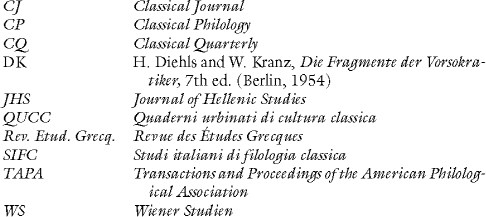
POETICS BEFORE PLATO
Introduction
Poetry, Knowledge, and Interpretation
TWO QUESTIONS, or sets of questions, motivate this study. The first concerns the views of poetry advanced in the Socratic dialogues Apology, Ion, and Protagoras. Platos famous critique of poetry in the Republic looms so provocatively and so demandingly that scholars have continued to assume that the reflections on poetry in the early Socratic dialogues can only anticipate or supplement Platos mature, systematic treatment of poetry. This assumption survives despite the wealth of current scholarship that proceeds from Vlastoss systematic division of Platonic from Socratic thought throughout a wide range of ethical, metaphysical, and epistemological issues. The Republics notorious banishment of the poets relies on Platos mature doctrines in metaphysics and psychology. Might a case be made for understanding the discussions of poetry in the Ion and other early dialogues as distinctively Socratic and independent of the Platonic treatment of poetry?
The second question explores the intersection of theoretical reflections on poetry in the literary and philosophical traditions. The precursors of the Platonic philosophy of poetry familiar from Book 10 of the Republic include contributions in Platos earlier Socratic dialogues and in the Presocratic philosophical traditions of Heraclitus and Xenophanes. They also include, I shall suggest, the substantial theories of poetry within the poetic tradition of Homer, Hesiod, and Pindar. Commentators have recognized the existence of a theoretical dimension within this literary tradition, but the relations among the three poets theories as well as the influence each of the three exerted on the philosophical tradition remain largely uncharted. There is no doubt that Socrates, no less than Plato, responded to the poetry of Homer, Hesiod, and Pindar. But what influence did the poets theories of poetry have on Socratic thought?
The answers to these two questions turn out to be connected. The Socratic dialogues, I shall argue, do indeed advance a distinctively Socratic theory of poetry, and this theory can only be accurately understood when framed as an implicit response to theories of poetry advanced within the literary tradition. Socratic poetics takes a position at arms length from the Republics alarming conclusions that banish the poets from the state. Platos conclusions in Republic Book 10 include these:
[The poet] arouses, nourishes, and strengthens this [irrational] part of the soul and so destroys the rational one, in just the same way that someone destroys the better sort of citizens when he strengthens the vicious ones and surrenders the city to them. (605b25)
Imitation... with a few rare exceptions, is able to corrupt even decent people, for thats surely an altogether terrible thing. (605 c56)
Socratic poetics, I shall show, contrasts starkly with the Republic by endorsing the traditional view that poetry harbors wisdom; by rejecting the view (common to Plato and to the tradition that emerges in fifth-century Athens) that credits the author with responsibility for his verses moral content; and by claiming for the Socratic inquirer authority over the interpretation of poetry. For Plato, poetry does its audience direct and unavoidable psychological damage by fueling nonrational parts of the soul, and its status as mimesis prevents it from providing knowledge. For Socrates, by contrast, the possibilityindeed the requirementthat poetry submit to interpretation, ensures that poetry can serve its audience as a genuine source of knowledge, although not, as we shall see, the knowledge that poets traditionally purported to supply. The Socratic theory begins by engaging Homer and the Homeric theory of poetry.
Homers, Hesiods, and Pindars theories of poetry should not be assimilated into a single early Greek view of poetry, yet their variety is united, I shall suggest, by a common aim. Each of the three theories aims to minimize interpretation by poetrys audiences in an effort to maintain the poets authority over his work. The poets three theories nevertheless contrast strikingly, not least in their diverse methods for, and contrasting aims in, discouraging interpretation. To anticipate the Homeric theorys discouragement of interpretation, it may be helpful to consider a contemporary discussion that bears on the topic.
Next pageFont size:
Interval:
Bookmark:
Similar books «Poetics before Plato»
Look at similar books to Poetics before Plato. We have selected literature similar in name and meaning in the hope of providing readers with more options to find new, interesting, not yet read works.
Discussion, reviews of the book Poetics before Plato and just readers' own opinions. Leave your comments, write what you think about the work, its meaning or the main characters. Specify what exactly you liked and what you didn't like, and why you think so.

